It’s been one of the most progressive Olympic Games ever - so why is there still so much debate about women's "strong" bodies?
Another games, another set of archaic outlooks when it comes to the female form.
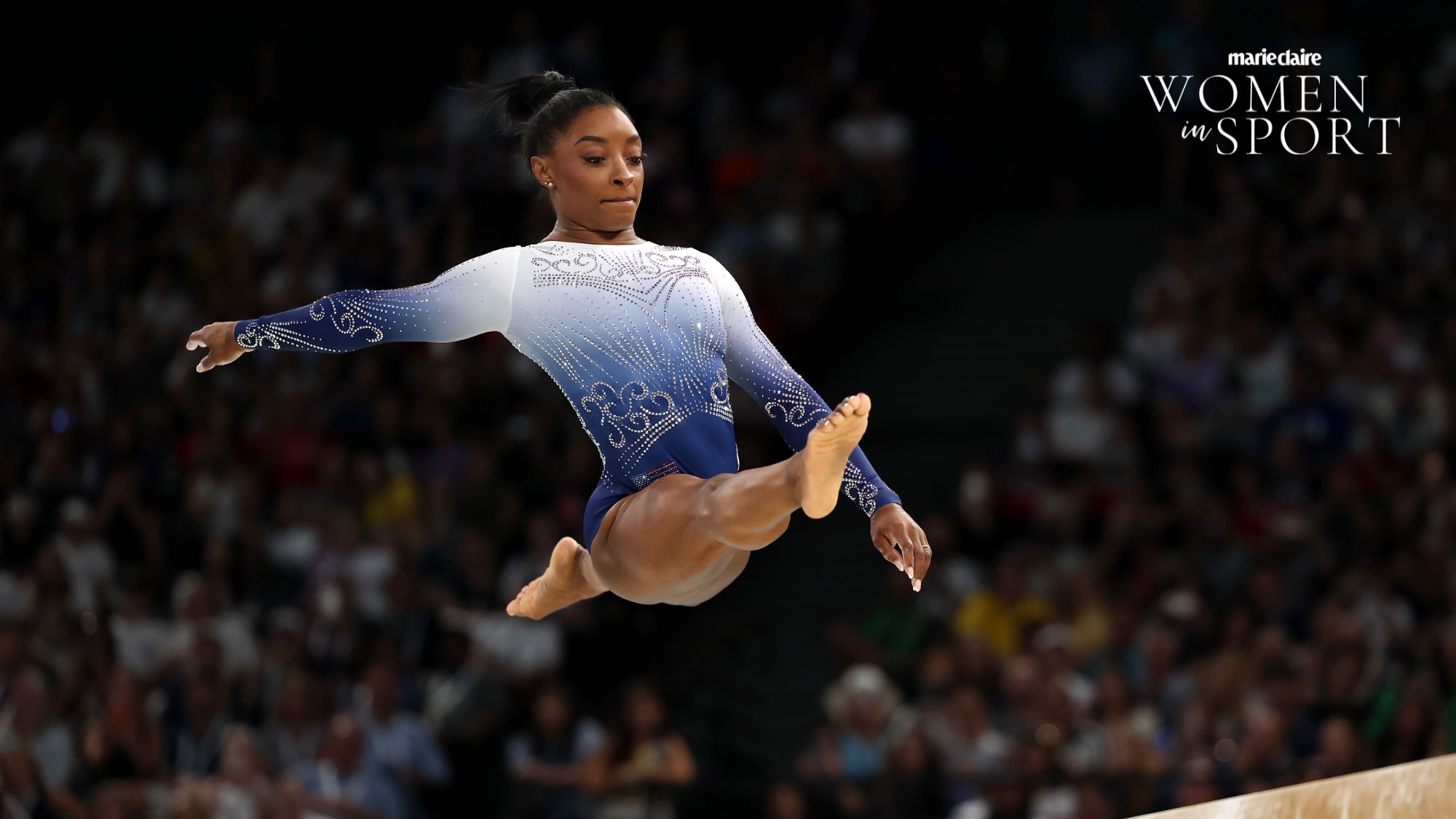
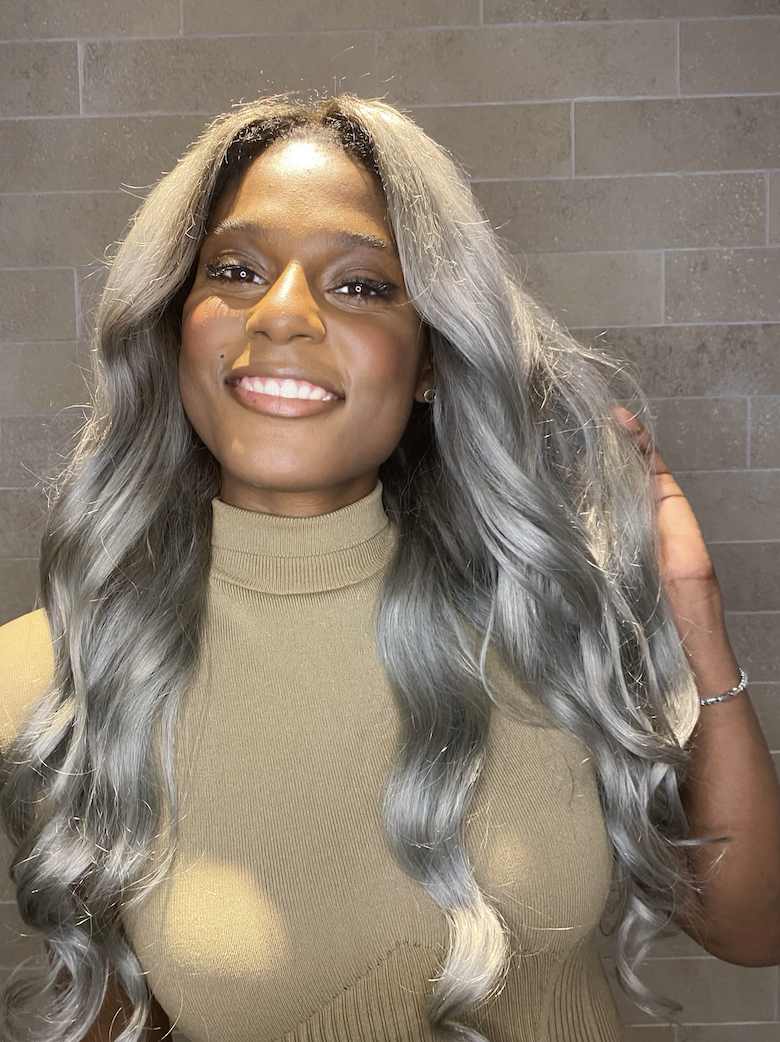
"Faster, higher, stronger." That’s the Latin translation for the official Olympic motto and the ultimate goal as an athlete, right?
Well, wrong - if the current headlines coming from the Paris Olympic Games are anything to go by. You see, while Team GB's female athletes have won a total of 20 medals so far, just a short five behind the men's total, they've still been subject to endless scrutiny, discussion and criticism about their bodies - something that the men haven't.
Despite Paris being one of the most progressive Olympic Games we've ever seen - some serious sustainability steps have been made, with the athletes' beds being made from recyclable cardboard, and athletes with children having a dedicated breastfeeding zone within the village - society still seems to be stuck in the past when it comes to their critique of women's bodies.
So why, we ask, when the focus should be on their athletic prowess and undeniable achievement, are women still belittled and mocked for looking athletic?
For more of our Women in Sport Olympic coverage, do check out our full cover interview with Team GB sprinters Daryll Neita and Laviai Nielsen, plus our extensive explainers on the lack of research into female athletic performance, why mothers are underestimated in sport, and the most iconic Olympic fashion moments, while you're at it.
Paris has been seriously progressive - so why is our discussion of female athlete's bodies so stuck in the past?
Take the most decorated gymnast in the world, Simone Biles, as an example. She’s experienced a barrage of criticism for her strong physique, despite it enabling her to become one of the greatest athletes in history. And the examples go on and on - Team USA’s Ilona Maher isn’t unfamiliar with trolling either, putting out a statement just last month to her three million followers to remind the Internet that “all athletic body shapes matter”. Plus, China’s 7ft 3in basketball player Zhang Ziyu was mocked on social media all week for her height despite crushing her opponents with her athletic skill.
Tennis legend Serena Williams has also suffered decades of racist and nasty comments on her muscular physique. How could the body that made her the greatest tennis player on earth be the same that people are slating? Team GB sprinter and MC UK cover star Daryll Neita touched on it in her exclusive cover interview, too, sharing candidly: “I get comments all the time. People see my muscles and say, ‘That’s not very feminine’.”
Marie Claire Newsletter
Celebrity news, beauty, fashion advice, and fascinating features, delivered straight to your inbox!
So, why aren’t we celebrating women who are clearly in exceptional shape rather than reducing their abilities and focusing on how their bodies look? “We know that there has been this traditional idea that a female body should be smaller than a man’s body (female aesthetics favours thin shapes) – sadly, this is also a metaphor for the space she should occupy in her body and in society,” says Professor Maria Joao Cunha, a specialist in body image at the University of Lisbon.
Studies have shown that female athletes already experience anxiety at roughly twice the rate of their male peers, with WebMD reporting that almost 80% of elite sportswomen reported feeling conscious of their body image - but Joao Cunha adds that the history of body image in society has always been severed. “The type of female body that's been portrayed in the media prior to the last two decades was an extremely standard body with little deviation from the thinner body types," she explains. "For men, the latitude of acceptance was bigger. There was a wider range of body types portrayed, and therefore better acceptance in society, creating a double standard of strong women vs strong men.”
You see, men’s physiques are rarely questioned or feared when it comes to sports - they're often celebrated and heralded in line with their results. Sadly, despite their own extraordinary athletic efforts, the same praise is not afforded to women.
@simonebilesowens TASTE GOLDEN ❤️🇺🇸💙
♬ original sound - Satisfying Lips 💋
So, does the fact that these women are achieving peak athletic performance even matter? Sadly, it’s not only female athletes that face such scrutiny. Other celebrities who've reached remarkable heights in their careers but been belittled for their body types include Megan Thee Stallion, who’s been trolled on X for looking “too manly.” Grammy award-winning artist Ciara had to battle through over a decade of mocking about her facial structure. And Lady Gaga and Madonna aren’t off the hook when it comes to the fetishisation that a misogynist society has on de-feminising women who are physically and emotionally powerful, either. Even at the time of her tenure as First Lady, some couldn’t stop themselves from negatively commenting on Michelle Obama’s toned arms.
Speaking to Professor Duarte Araujo at the Faculty of Human Kinetics University of Lisbon, who works with Olympic female athletes, he agrees that there is certainly a disparity in society’s perception of a “female body”. “In the past, stronger women were not seen positively in a society because it was perceived that femininity was lost,” he explains. “However, female athletes are changing the social image of what it is to be a woman as this athletic form and image is not locked in specific qualities but in what they can achieve,” he adds.
Araujo adds. “We have to challenge that muscles are a human condition, not strictly a male condition.” It may be the case that only in recent decades have women been allowed to push their bodies to the maximum to achieve athletic excellence, but as we’re only a couple of generations into discovering the essence of a female athletic body, as a society, it might be time to admit that there's some unlearning to do.
Araujo also agrees that some of the issues are psychological as opposed to social, as many women themselves have internalised from a young age that developing muscle will strip their femininity away. However, “women can easily be muscular and feminine and achieve their athletic goals," he concludes.
Bottom line: it’s clear that holding women to different standards ruins the integrity of women’s sports, something both athletes and the Olympic organisations have worked hard to achieve. Perhaps instead of spending our time commenting on women’s bodies, we should be celebrating that said bodies are achieving extraordinary things. And next time you think to criticise, remember: they’re the ones achieving the gold medals.

Sheilla Mamona, otherwise known as Shei [SHAY] is a freelance journalist with bylines in publications such as Vogue, GLAMOUR Magazine, Allure, The Sunday Times STYLE and The Telegraph.
-
 Vintage sales, flower festivals and unique brunches - 7 fun and frivolous things to do this bank holiday
Vintage sales, flower festivals and unique brunches - 7 fun and frivolous things to do this bank holidayBy Jadie Troy-Pryde
-
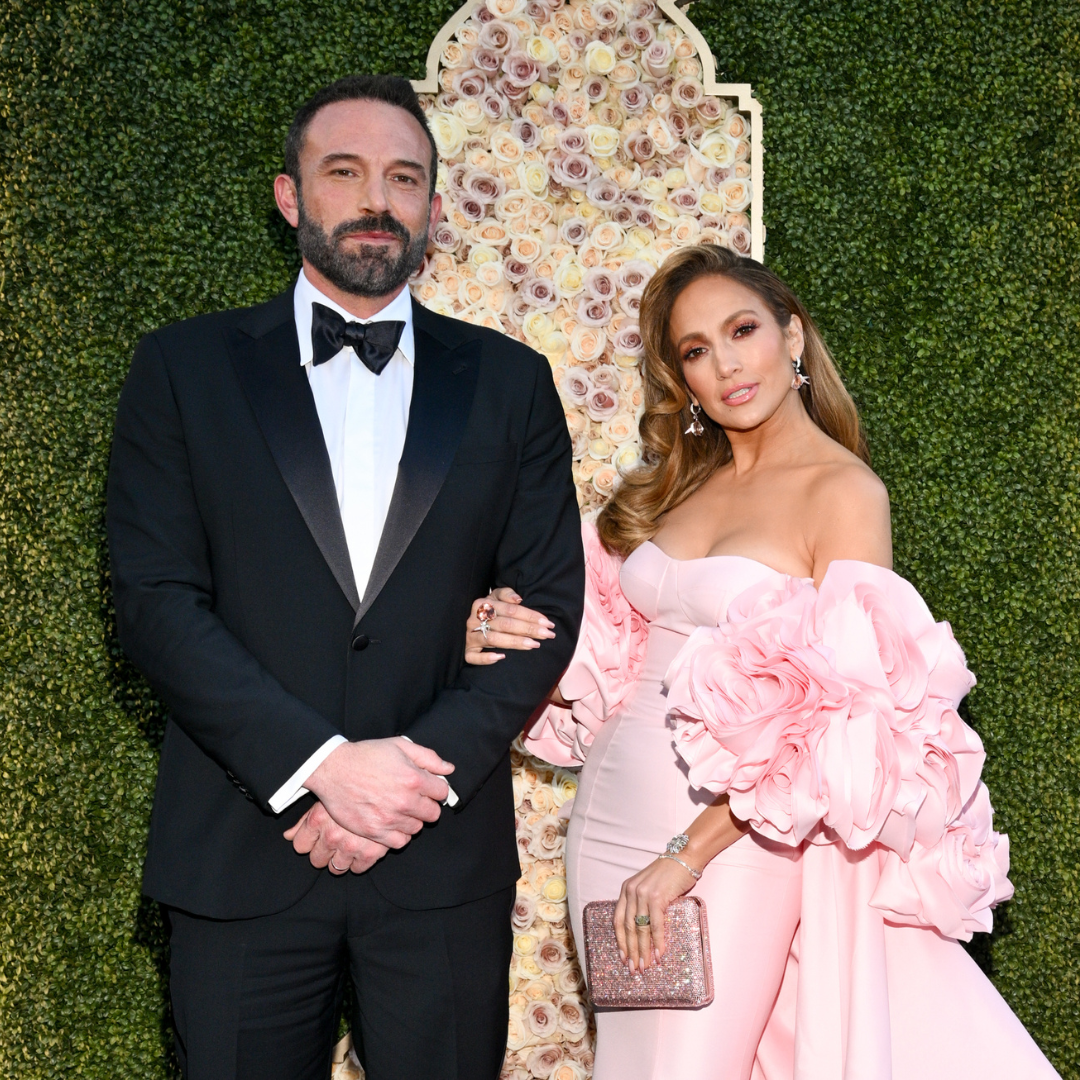 How Ben Affleck feels about dating after his divorce from Jennifer Lopez
How Ben Affleck feels about dating after his divorce from Jennifer LopezHe's taking it slow
By Iris Goldsztajn
-
 Dior travels to Kyoto for a cherry blossom-inspired fashion show
Dior travels to Kyoto for a cherry blossom-inspired fashion showHere's everything you need to know
By Clementina Jackson
-
 Domestic abuser is jailed for killing his girlfriend after a football match
Domestic abuser is jailed for killing his girlfriend after a football matchDomestic abuse is a “unique trend in men’s football,” says charity.
By Mischa Anouk Smith
-
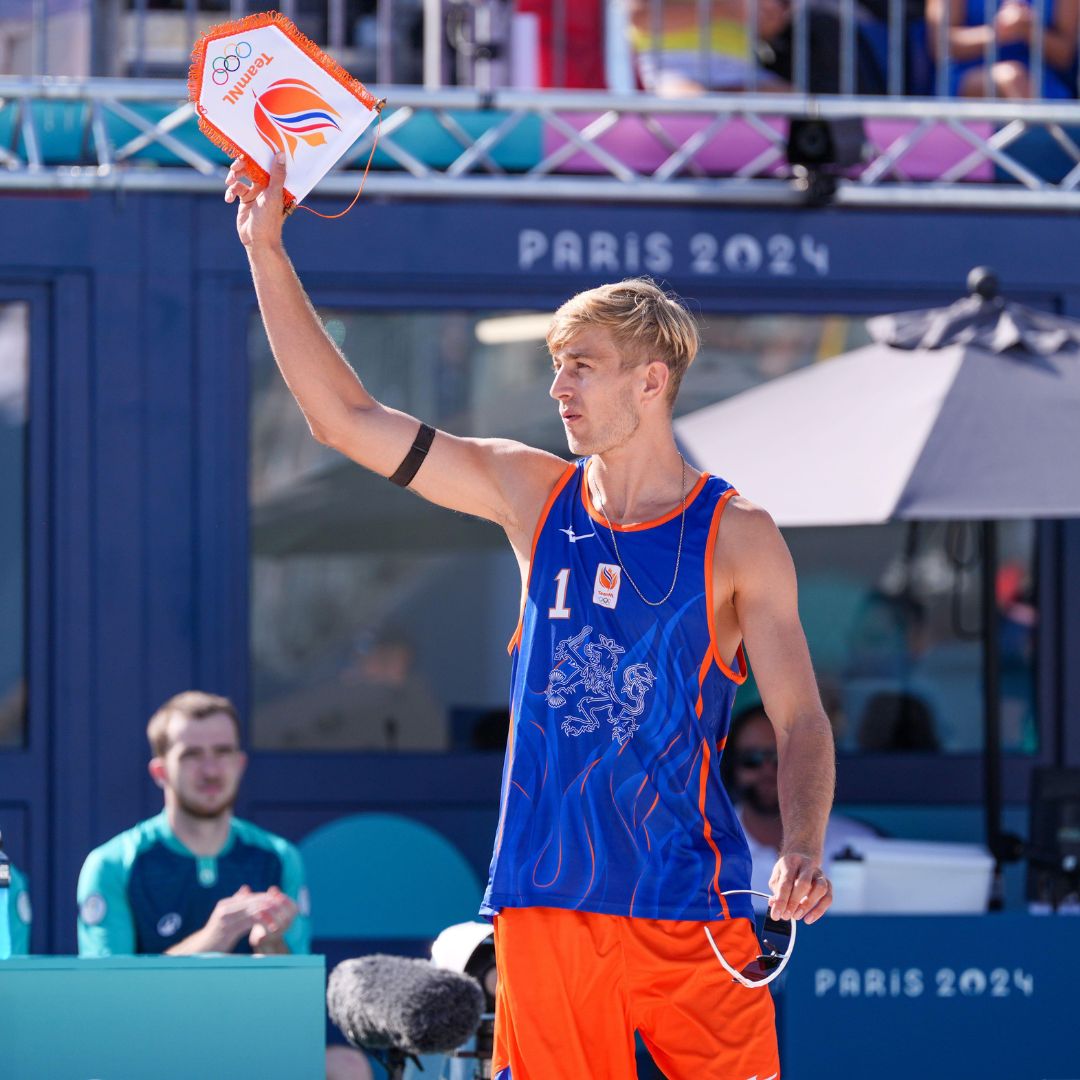 How did a convicted child rapist end up at the Olympics?
How did a convicted child rapist end up at the Olympics?The Dutch volleyball player’s presence shows how violence against women and girls is normalised
By Mischa Anouk Smith
-
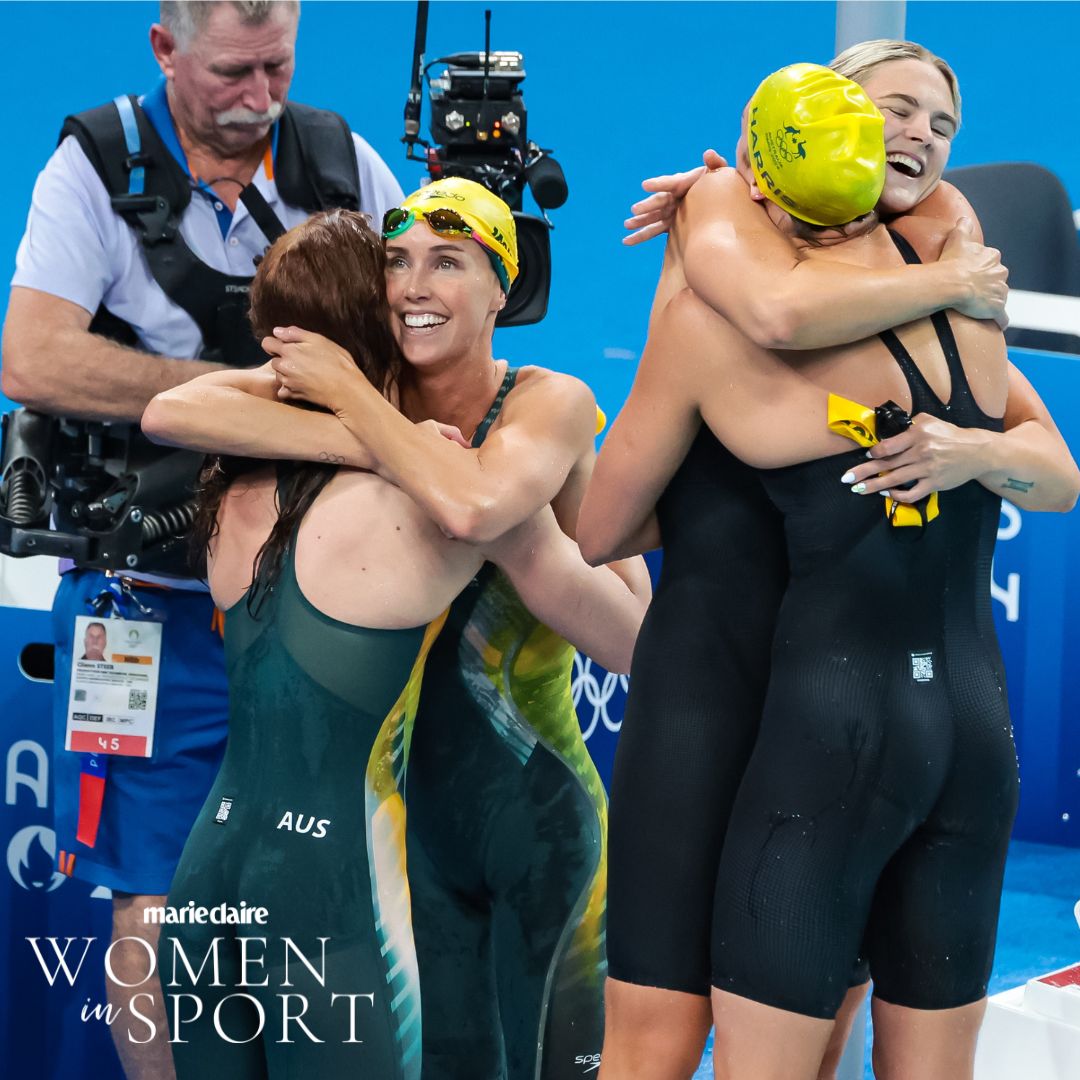 I asked people on X for their take on Bob Ballard's dismissal after sexist "joke" - and the replies I got were eye-opening
I asked people on X for their take on Bob Ballard's dismissal after sexist "joke" - and the replies I got were eye-openingThe Olympic commentator has been dropped for his remarks just days into the event.
By Ally Head
-
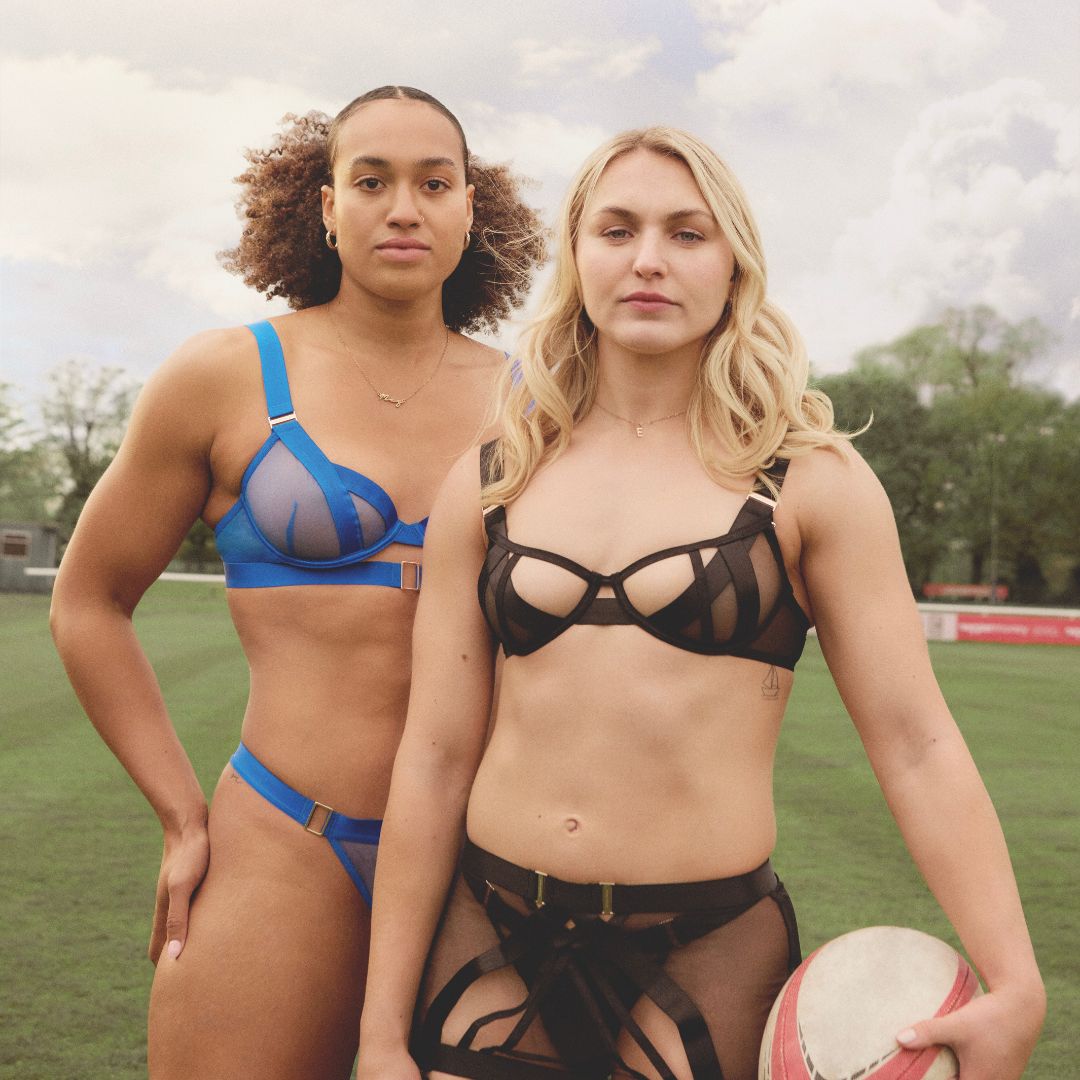 As a new lingerie campaign divides the internet, we ask: why are female athletes still being sexualised?
As a new lingerie campaign divides the internet, we ask: why are female athletes still being sexualised?A new campaign aimed at tackling teenage girls dropping out of sport has divided opinion.
By Mischa Anouk Smith
-
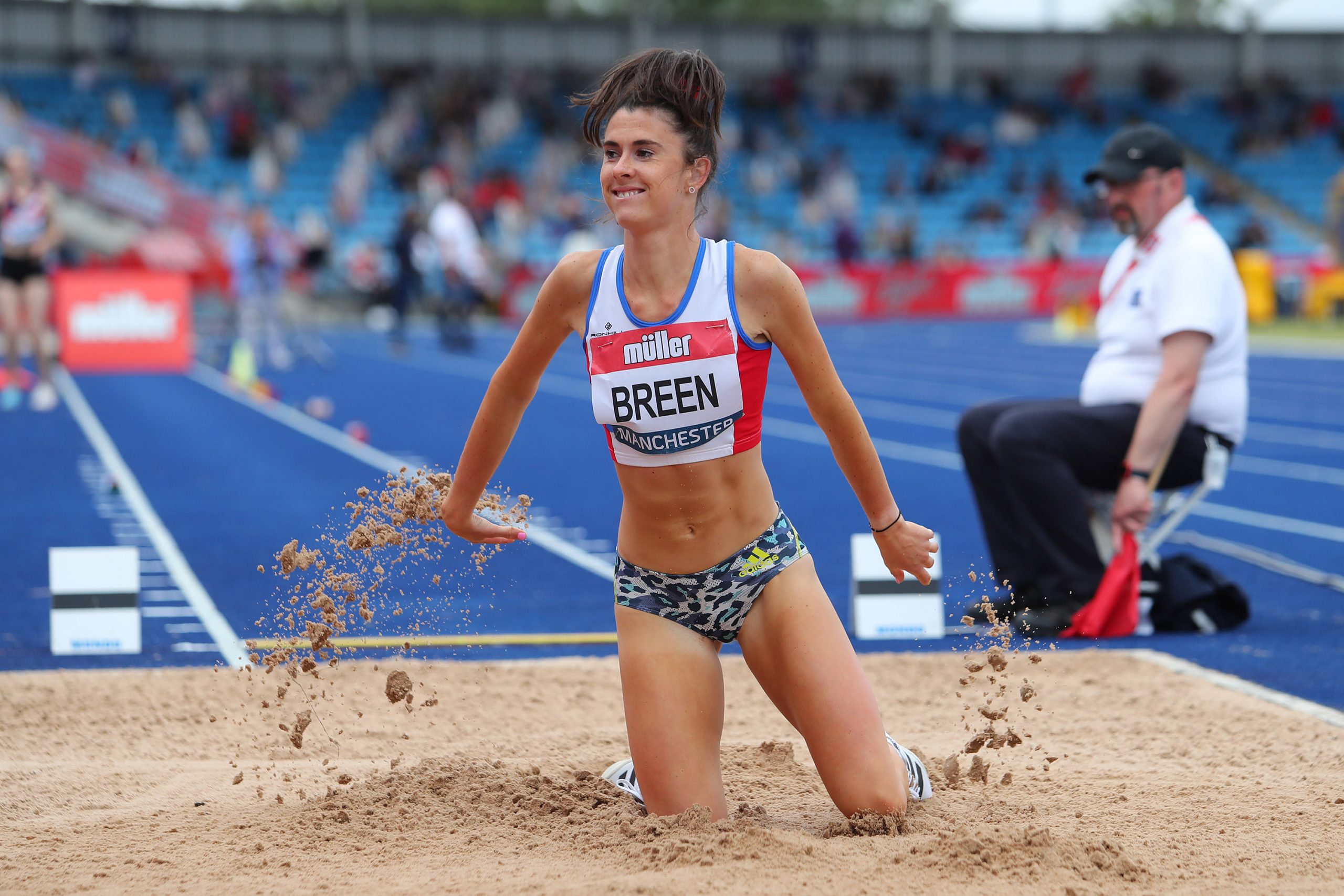 Why are female athletes still being criticised for what they wear in 2021?
Why are female athletes still being criticised for what they wear in 2021?As the Norway women's beach handball team are fined for not competing in bikini bottoms, we ask: why are female Olympians required to wear less clothing than their male counterparts?
By Ally Head